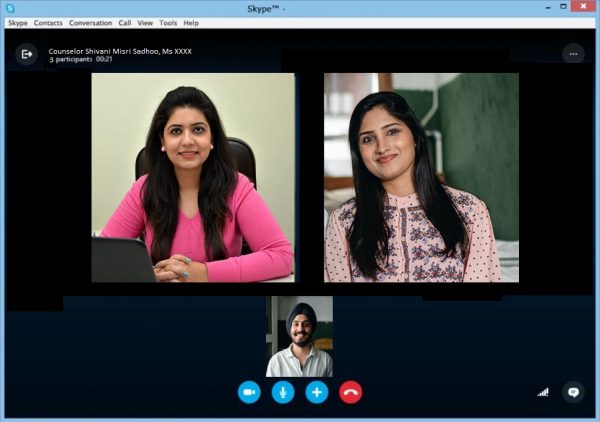Couples therapy can assist couples to enhance their relationship in several ways. For example, it assists couples to resolve conflict, learns how to communicate well, better understand each other, improve their emotional connection, and boost their bond.
Marriage Counselor Shivani Misri Sadhoo says naturally, couples might face obstacles in therapy that halt their progress. They might have inaccurate assumptions regarding how therapy works, which can keep them stuck. Or they could delay seeing a therapist in the first instance, which only deepens their problems.
Through this blog, Delhi’s leading Marriage Counselor Shivani Misri Sadhoo talks about 3 common hurdles in couples therapy.
Wanting the Other Partner to Change
When couples come in for therapy, they want a change. However, at times what they really seek is for the therapy to change their partner’s conduct.
For example, they may want the therapist to change their partner’s financial habits. But they would like to remain the same.
But, in couples therapy, the aim of the change in the relationship. Both partners have to make changes in order to enhance the relationship. Both need to alter their perceptions and behaviors.
For instance, couples who want to alter their fights over money will each have to examine their own patterns related to money, and the role it has in their relationship.
Keeping Secrets
Some partners begin couples therapy with secrets like an affair, and they intend to keep those things as secrets. However, individuals who continue to keep secrets from their partner while engaging in couple therapy are fooling themselves and their significant ones, and forming barriers to achieve real change.
If you are keeping a secret from your partner, consider its consequences for your relationship. Secrets can sabotage trust and life out of marriages. It can morph into thick walls against interpersonal intimacy.
Though you do not have to share all your secrets, it is wiser to reveal and work through any secrets that are presently affecting your relationship.
Your therapist can help you with this process, and your relationship will possibly be stronger and have better integrity due to this.
Not Believing the Process
Couples probably enter therapy looking for a quick fix or again wanting the therapist to tell their partner that they have to change. However, to improve your relationship, it is vital for couples to trust the therapy process.
To really get to the bottom of your marital conflict and start the healing process, you and your partner will have to invest your time and commit to learning how to be vulnerable with each other, expressing feelings instead of thoughts, acknowledging your role in the play, and learning how to listen to what your partner is actually saying.
Your Counselor Is Now Just Skype/Video Call Away
During the current challenging time, it’s common to experience anxiety, depression, sleeplessness, and relationship challenges at home. While you are under lockdown and maintaining social distancing norms to help the country to control COVID-19 spread, your very own counsellor Shivani is now just a call and Skype video call away from you.
However, in this age of coronavirus, we hope to offer our therapeutic help. Change is difficult for all of us and changing the way you meet with your therapist is no exception. But try it before you disregard this option. This is a challenging moment in time, and fears and anxieties are running high.
You may find, telepsychology isn’t a second-rate option. Instead, it’s an effective and efficient upgrade to a valuable service!
Feel free to call Counselor Shivani Misri Sadhoo at +91-8860875040 for telephonic or video support and to book an online counselling session to address any relationship issues, emotional and psychological challenges.









